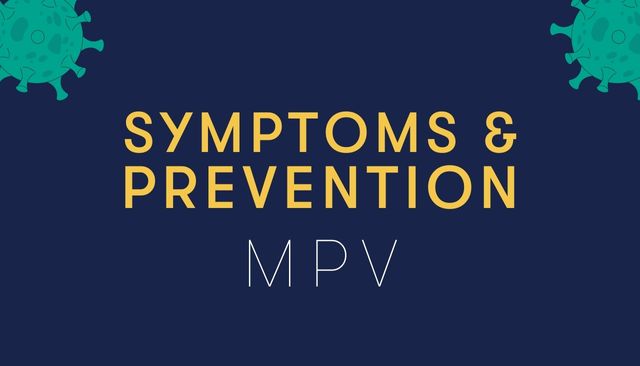
MPV: Health Information
Find out about symptoms, how it's spread, and other general health information on MPV.
Monday-Friday 9a.m. - 5p.m.
Butler Pavilion, Room 400 on a map
Office of the Vice President of Student Affairs 4400 Massachusetts Avenue NW Washington, DC 20016-8127 United StatesMPV, also known as monkeypox and MPX, is a viral disease that can spread to anyone through close, personal, often skin-to-skin contact.
If diagnosed with MPV, you must submit the MPV Self-Report Form on the AU Portal and isolate for up to four weeks. See protocols below for faculty, staff, or student living on- or off-campus:
During this time, do not travel using public transportation or stay at a hotel.
Struggling emotionally? For counseling services, contact (202-885-3500) or reach out 24/7 to AU ProtoCall (202-885-7979).
During this time, do not travel using public transportation or stay at a hotel.
Struggling emotionally? For counseling services, contact (202-885-3500) or reach out 24/7 to AU ProtoCall (202-885-7979).
During this time, do not travel using public transportation or stay at a hotel.
Students, you may register for a JYNNEOS vaccine to prevent infection through the DC Department of Health (whether you live off-campus or in AU Housing). Vaccination is only available through local health departments. AU students do NOT need to be a formal resident of the District of Columbia to register for the vaccine.
Faculty and staff, you can register for vaccination through your local health department.
MPV does not spread easily between people; however, anyone in close contact with a person with MPV can get it and should take steps to protect themselves. People who do NOT have MPV symptoms cannot spread the virus to others.

Find out about symptoms, how it's spread, and other general health information on MPV.